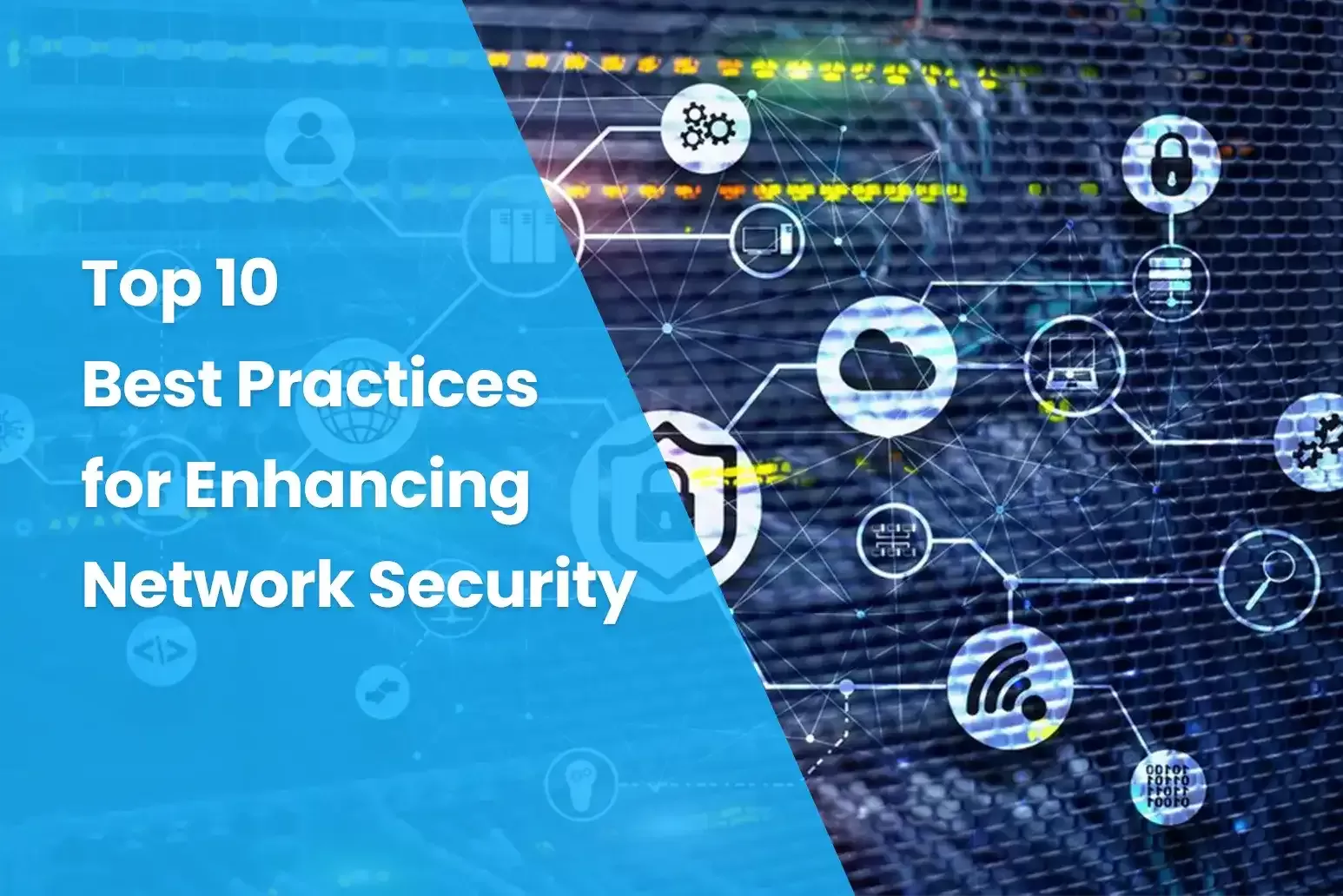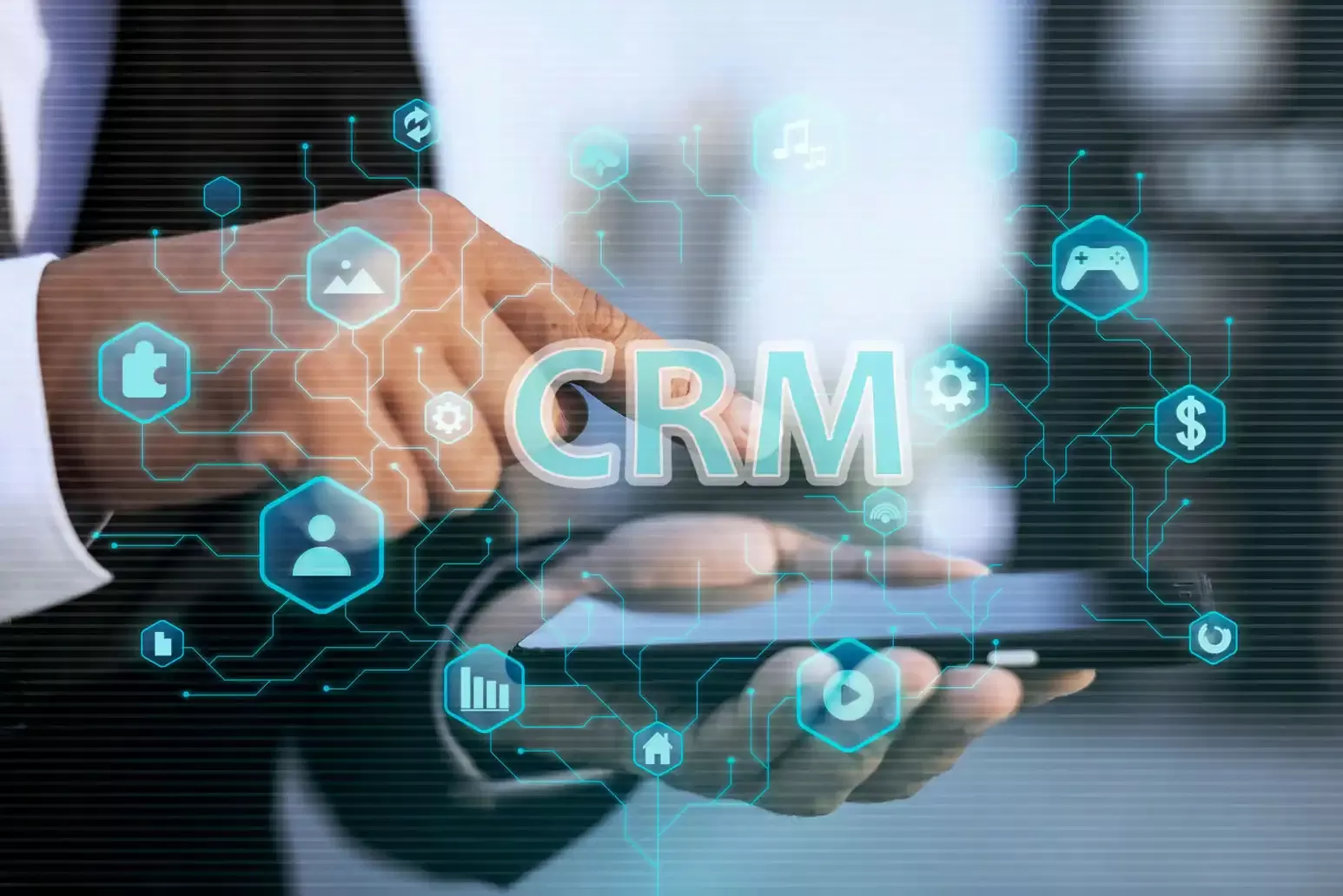Explore state-of-the-art ERP solutions designed for today's dynamic business environment. From cloud-based ERP solutions to bespoke ERP systems and AI-powered, sector-specific platforms, discover strategic assets with ERP Solution that boost productivity, streamline workflows, and pave the way for long-term success. Transform your business operations and gain a competitive edge in the hectic corporate world by selecting the best ERP Solution for your needs
1. Understanding Your Business Needs:
The first step in this journey is a deep dive into understanding your business needs. Uncover how each department and function within your organization can benefit from ERP integration. Encourage readers to create a comprehensive list of requirements, considering not only the present but also future needs, ensuring a future-proof decision-making process.
2.Defining Your Budget:
While the financial commitment of implementing an ERP system is undeniable, it's equally crucial to view it as an investment. Beyond upfront costs, define a budget that encompasses ongoing expenses, training, and potential customization. Discuss the potential return on investment (ROI) and elaborate on how aligning the budget with overarching business goals can lead to a more successful implementation and sustained value.
3.Scalability:
The concept of scalability isn't just about accommodating growth; it's about future-proofing your investment. Explore how a scalable ERP system can seamlessly adapt to increased data, users, and transactions without causing disruptions. Provide real-world examples where scalability becomes not just an advantage but a crucial factor for long-term success, enabling businesses to evolve without hindrance.
4.Integration Capabilities:
Today's businesses operate in an ecosystem of diverse software and systems. The ERP solution's ability to integrate seamlessly is a key determinant of its success. Dive into the challenges of data silos and elucidate the benefits of selecting an ERP solution that can effectively integrate with other applications. Offer actionable tips for evaluating integration capabilities, ensuring a harmonious technological landscape.
5.Cloud vs. On-Premises:
In the era of digital transformation, the choice between cloud-based and on-premises ERP solutions is paramount. Provide an in-depth comparison, exploring factors such as flexibility, accessibility, control, and security. Guide readers to choose the deployment model that aligns with their business needs and preferences, considering not only the present but also future scalability and adaptability.
6.User-Friendly Interface:
The user interface isn't just about aesthetics; it's a crucial factor in employee adoption and productivity. Discuss the impact of a user-friendly interface on minimizing training time and costs. Provide concrete examples of user-friendly features that contribute to a positive user experience, emphasizing the importance of fostering user acceptance for a smoother transition.
7.Vendor Reputation:
Selecting an ERP vendor is akin to choosing a long-term business partner. Emphasize the significance of a reputable ERP vendor and discuss the criteria for evaluating vendor reputation, including industry experience, customer reviews, and success stories. Encourage readers to conduct thorough research, possibly engaging with references to ensure the reliability of the chosen vendor and the strength of the partnership.
8.Customization Options:
Customization is not about fitting the ERP system to your business; it's about tailoring it to enhance your unique processes. Discuss the importance of customization in aligning the ERP system with specific business processes. Highlight the need for adaptability without introducing unnecessary complexity or high customization costs. Provide examples of customizable features that can enhance the system's fit for individual business requirements.
9.Mobile Accessibility:
In a world where mobility is paramount, delve into the growing importance of mobile accessibility. Discuss how mobile ERP capabilities contribute to flexibility and productivity. Encourage readers to consider the mobile features offered by ERP solutions and their relevance to their business operations, emphasizing the role of flexibility in today's dynamic work environment.
10.Security Features:
The increasing threat landscape makes the security of sensitive business data a critical consideration. Address the essential security features that an ERP system should have, such as data encryption, user access controls, and compliance with industry standards. Highlight the role of robust security measures in protecting against potential threats, building trust in the system's integrity.
11.Vendor Support and Training:
The implementation journey doesn't end with software installation; ongoing support and training are essential components of success. Explore the significance of vendor support in addressing issues promptly and discuss the importance of comprehensive training programs for user adoption. Provide practical tips on assessing the level of support and training offered by ERP vendors, ensuring a smooth and supported transition.
12.Implementation Timeframe:
Time is often of the essence in business, and the speed of ERP implementation can be a crucial factor for some organizations. Discuss the considerations related to the implementation timeframe, explaining how it may impact overall project success. Provide guidance on setting realistic expectations and timelines, acknowledging that the pace of implementation may vary based on business requirements.
13.Future Upgrades and Support:
The business landscape is ever-evolving, and so should your ERP system. Highlight the importance of considering future upgrades and ongoing support when choosing an ERP solution. Discuss how regular updates contribute to keeping the system current, secure, and in compliance with industry standards. Encourage readers to inquire about the vendor's commitment to providing continuous support and updates, emphasizing the need for a long-term and evolving partnership.
As we conclude this comprehensive guide, it's clear that choosing the right ERP solution is not just about software; it's about strategic decision-making that shapes the future of your business. Reinforce the importance of a thoughtful and comprehensive approach, emphasizing that the right ERP system is not just a tool but a powerful asset for driving business success and growth. Encourage readers to leverage the provided guidelines and tips, empowering them to make an informed decision that aligns precisely with their specific business needs and goals. In the realm of ERP, the right choice isn't just a solution; it's a strategic investment in the future.





